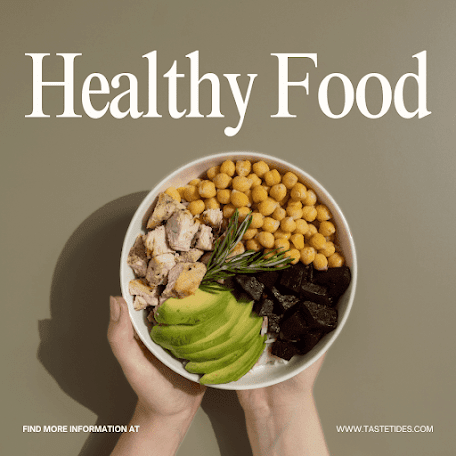Healthy Eating: The Foundation of a Balanced Life
Healthy eating is the cornerstone of a vibrant and fulfilling life. It is not merely about restrictive diets or avoiding specific foods but about making informed, balanced choices that provide the body with essential nutrients. A healthy diet promotes physical well-being, mental clarity, and long-term health. Here’s an exploration of what healthy eating entails and its importance in daily life.
What Is Healthy Eating?
Healthy eating involves consuming a variety of foods in appropriate proportions to meet the body’s nutritional needs. A balanced diet typically includes:
- Fruits and Vegetables: These are rich in vitamins, minerals, and antioxidants. Aim for at least five servings daily to boost immunity and prevent diseases.
- Whole Grains: Foods like oats, brown rice, and whole-grain bread provide fiber and essential nutrients for sustained energy.
- Proteins: Include lean meats, fish, eggs, legumes, nuts, and seeds for muscle repair and overall growth.
- Healthy Fats: Sources like avocados, nuts, and olive oil are vital for brain health and hormone production.
- Dairy or Alternatives: Low-fat milk, yogurt, and plant-based alternatives are excellent sources of calcium and vitamin D.
The Benefits of Healthy Eating
Supports Overall Health
A nutrient-rich diet strengthens the immune system, making the body more resilient against infections and illnesses. It also supports the proper functioning of all organ systems.Boosts Energy Levels
Healthy foods provide the body with consistent and sustained energy. Whole grains, fruits, and vegetables release energy slowly, keeping you active throughout the day.Prevents Chronic Diseases
Adopting healthy eating habits reduces the risk of chronic conditions such as heart disease, type 2 diabetes, obesity, and certain types of cancer. For example, a diet low in saturated fats and high in fiber can help maintain a healthy heart.Improves Mental Health
There is a strong connection between diet and mental well-being. Foods rich in omega-3 fatty acids, like fish and walnuts, and those containing B vitamins, like leafy greens, support brain function and reduce the risk of depression and anxiety.Aids in Weight Management
Healthy eating helps maintain a healthy weight by balancing calorie intake with expenditure. High-fiber and nutrient-dense foods promote satiety, preventing overeating and unhealthy snacking.Enhances Digestive Health
A diet rich in fiber from fruits, vegetables, and whole grains supports a healthy digestive system by promoting regular bowel movements and fostering beneficial gut bacteria.
Tips for Embracing Healthy Eating
- Plan Your Meals: Prepare balanced meals ahead of time to avoid unhealthy choices.
- Stay Hydrated: Drink plenty of water and limit sugary beverages.
- Control Portions: Eat in moderation to avoid overloading on calories.
- Limit Processed Foods: Reduce intake of processed and sugary foods, which are often high in unhealthy fats, salt, and sugar.
- Listen to Your Body: Eat when you're hungry and stop when you're satisfied.
Challenges and Solutions
Adopting healthy eating habits can be challenging due to busy schedules, accessibility, or personal preferences. However, small, gradual changes like incorporating more fruits into snacks or choosing whole grains over refined ones can make a significant difference over time.
Conclusion
Healthy eating is not a temporary fix but a lifelong commitment to well-being. By prioritizing nutrient-dense foods and embracing balanced meals, we can enhance our physical and mental health, prevent diseases, and lead a more active and fulfilling life. It’s never too late to start making healthier choices—small steps today can lead to a healthier tomorrow.



